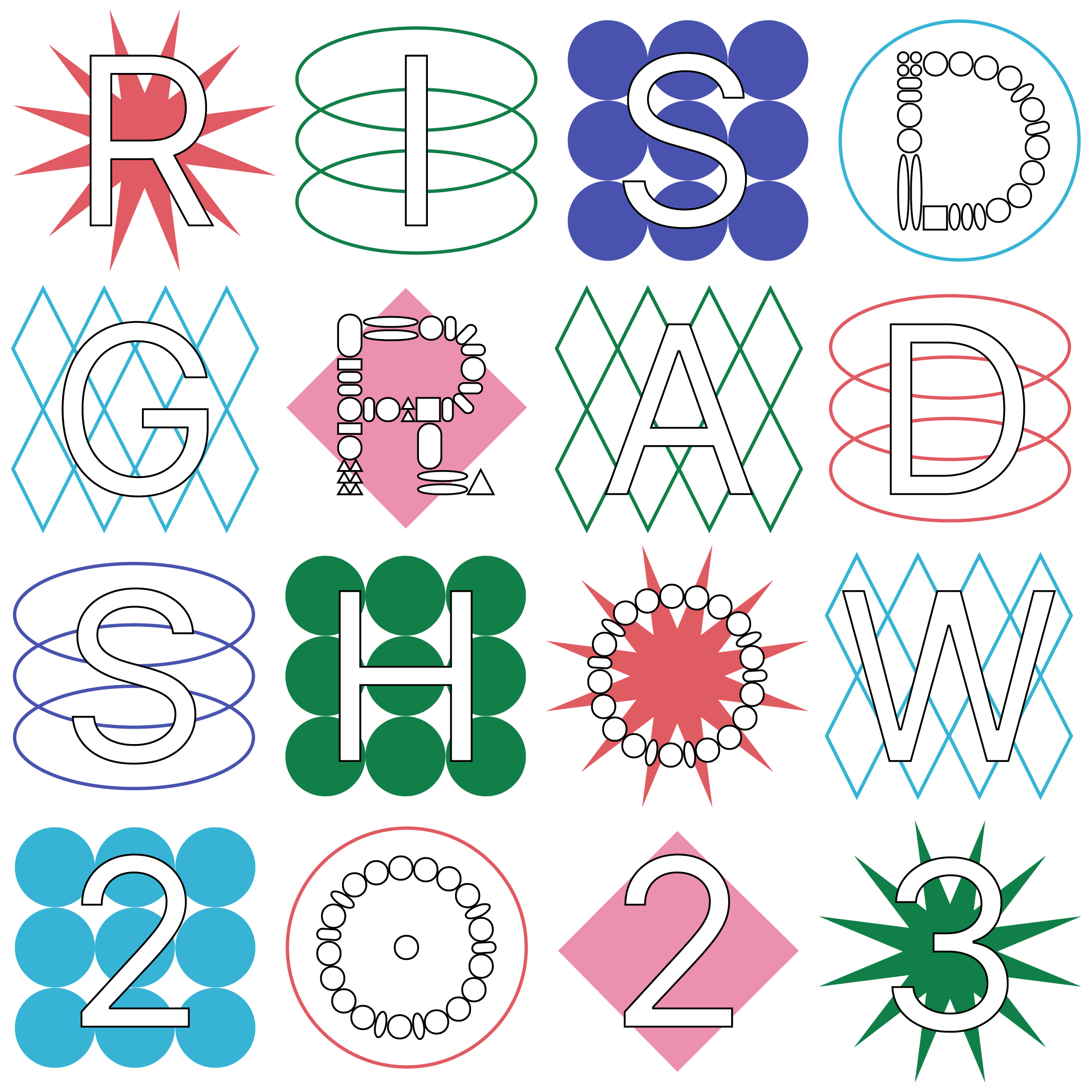Image
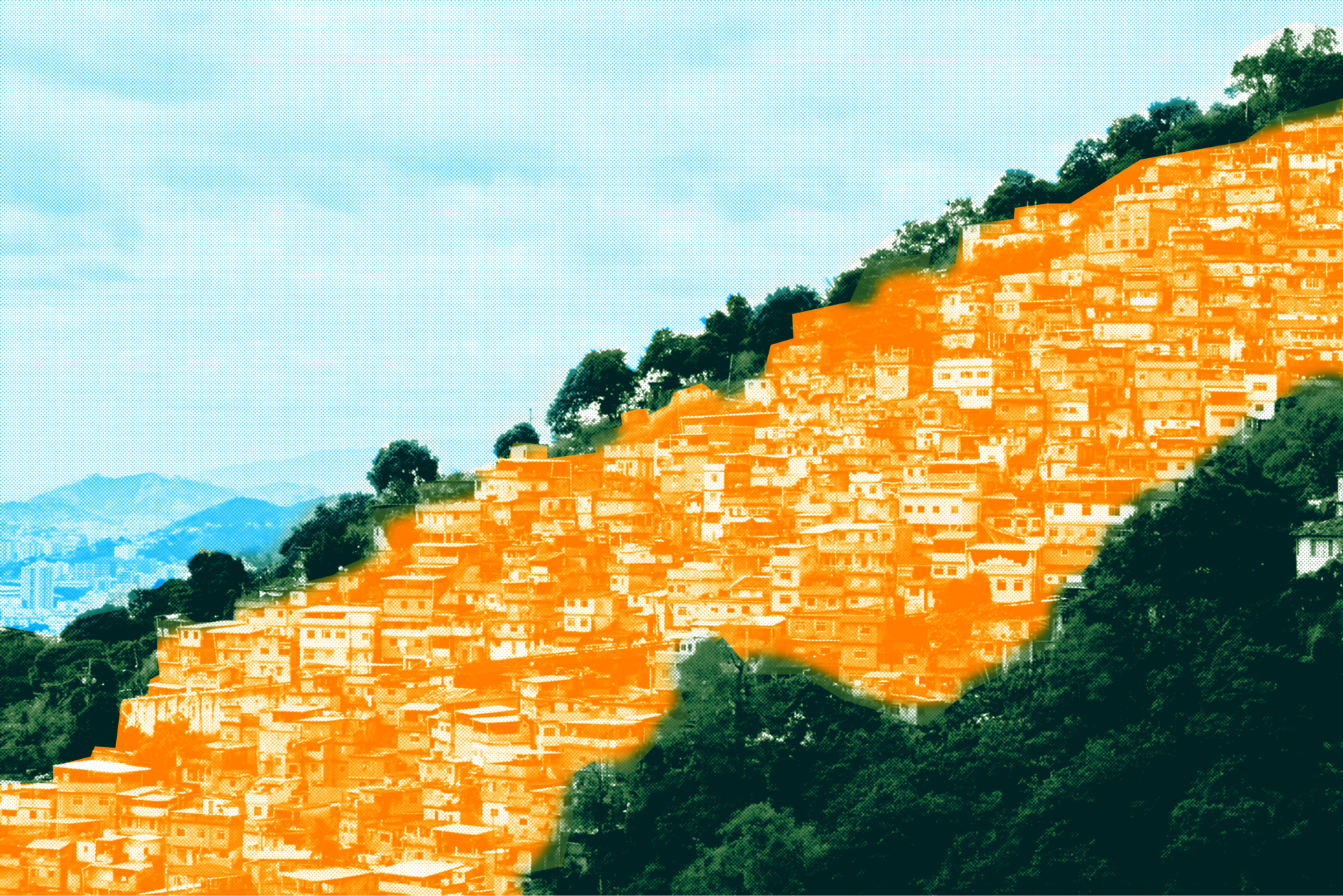
Menglin Ding
Abundance within Scarcity: Food Security in the Favelas of Brazil
Rapid urbanization has been accompanied by the expansion of unplanned, underserved neighborhoods with large concentrations of poor people, known as "informal settlements." Obtaining stable, fresh, and healthy food sources often requires people to spend more money, which can be a challenge for residents of informal settlements who may struggle to afford it. To create greater food security and decentralized food production, Abundance within Scarcity, Food Security in the Favelas of Brazil explores how urban agriculture can be strategically reintroduced into limited-open-space informal settlements and tap into the abundant potential of this seemingly “barren” region. Finally, this project will build a more sustainable and resilient urban food loop system.
This research zooms into Favelas, Brazil. The strategies focus on how to integrate urban agriculture with building gaps and rooftops to provide social, economic, and environmental benefits to informal communities by using pipelines to connect fragmented systems, working with gravity to transport resources, and using residual spaces.
Image

Introduction
2023
Image

Urban Agriculture in Favela
2023
Image
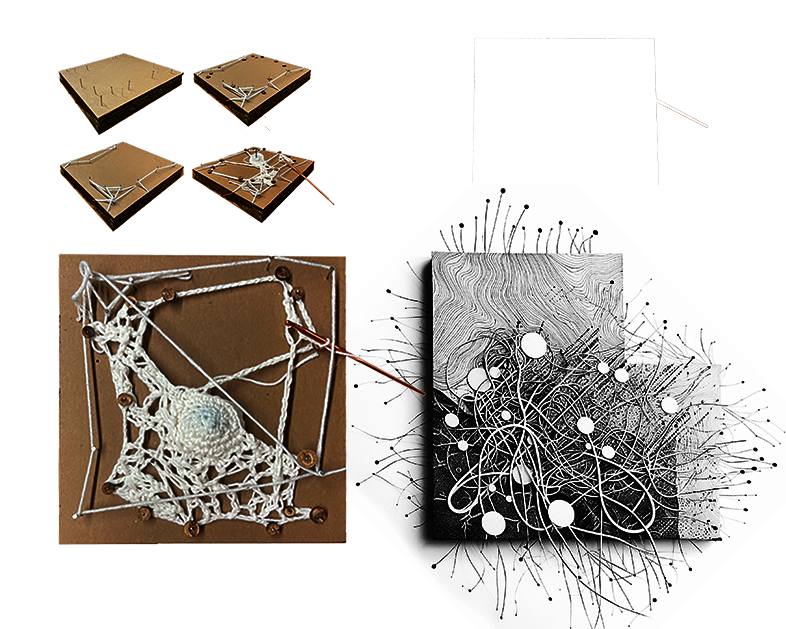
Concept Model
Foam, Cardboard, Thread, Nail
6"*6"
2023
Image
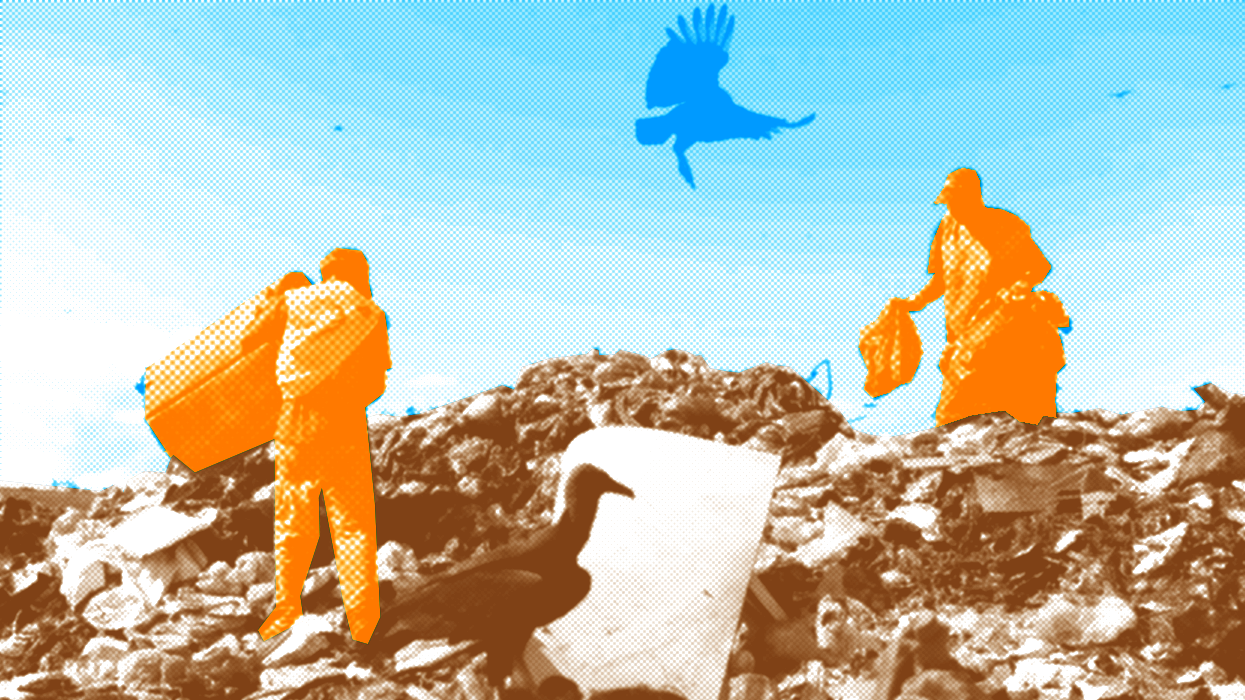
Abundance of Favela
2023
Image
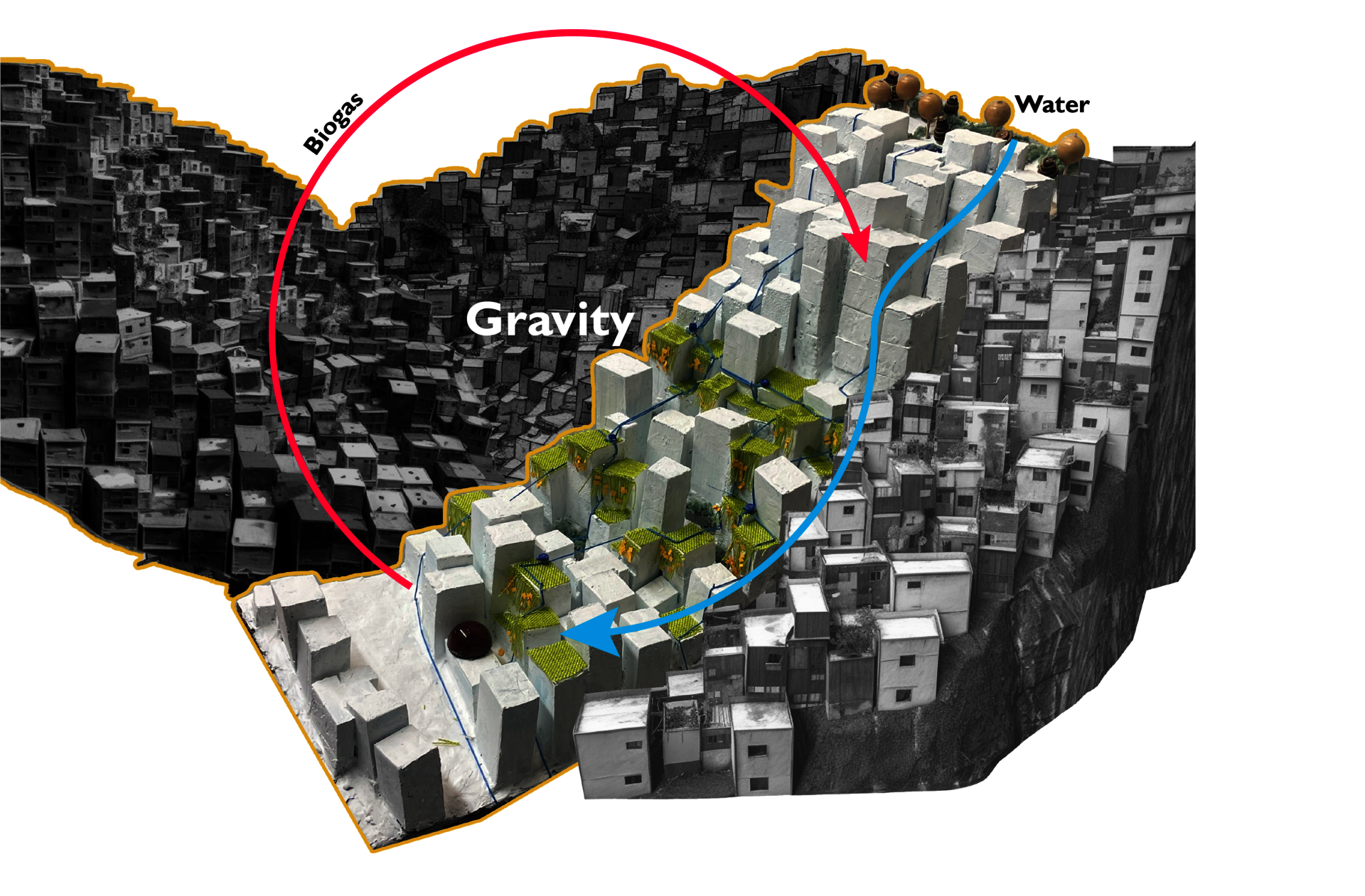
Work with gravitational pull
2023
Image

Water Collection System
2023
Image
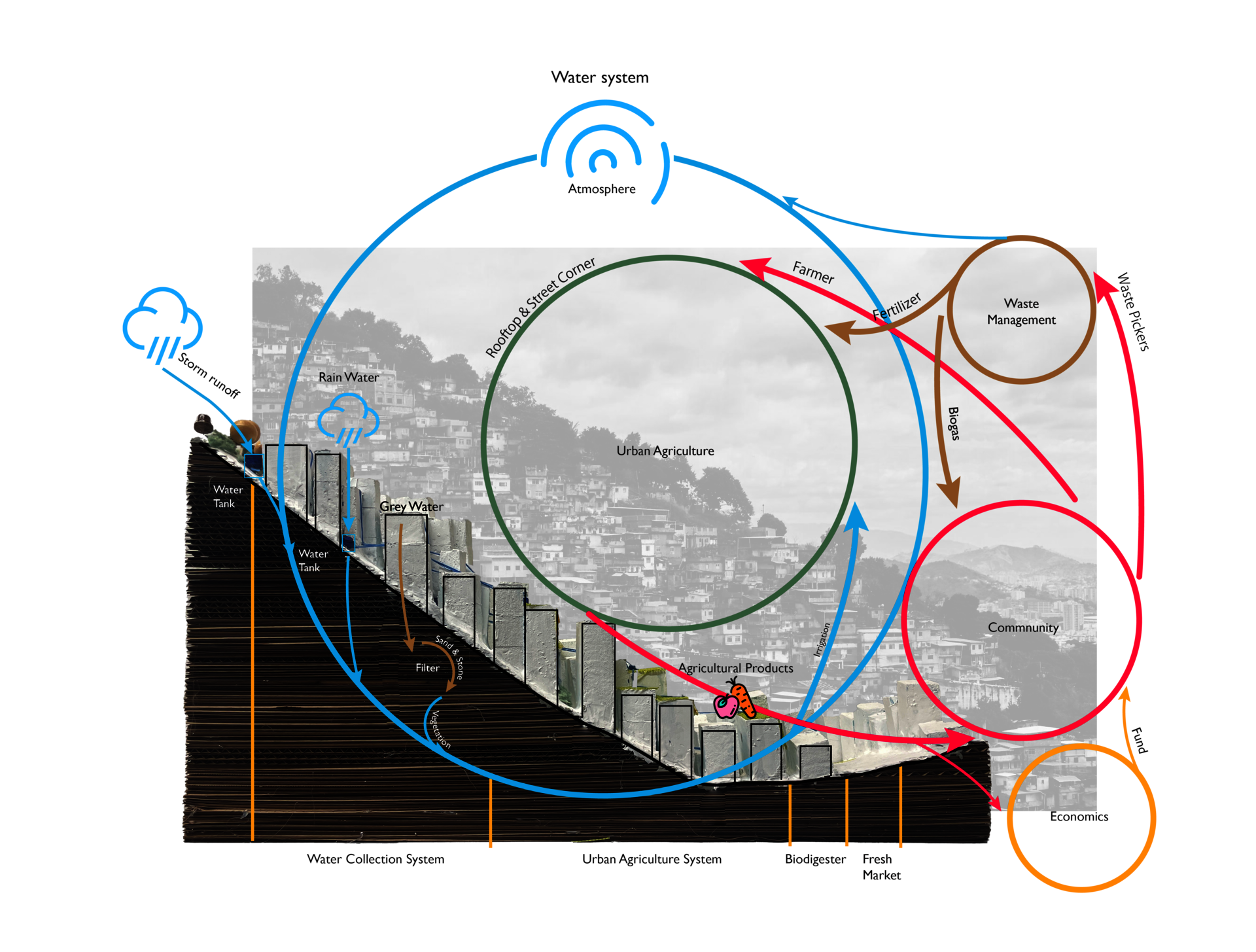
Circular Economy
2023
Image
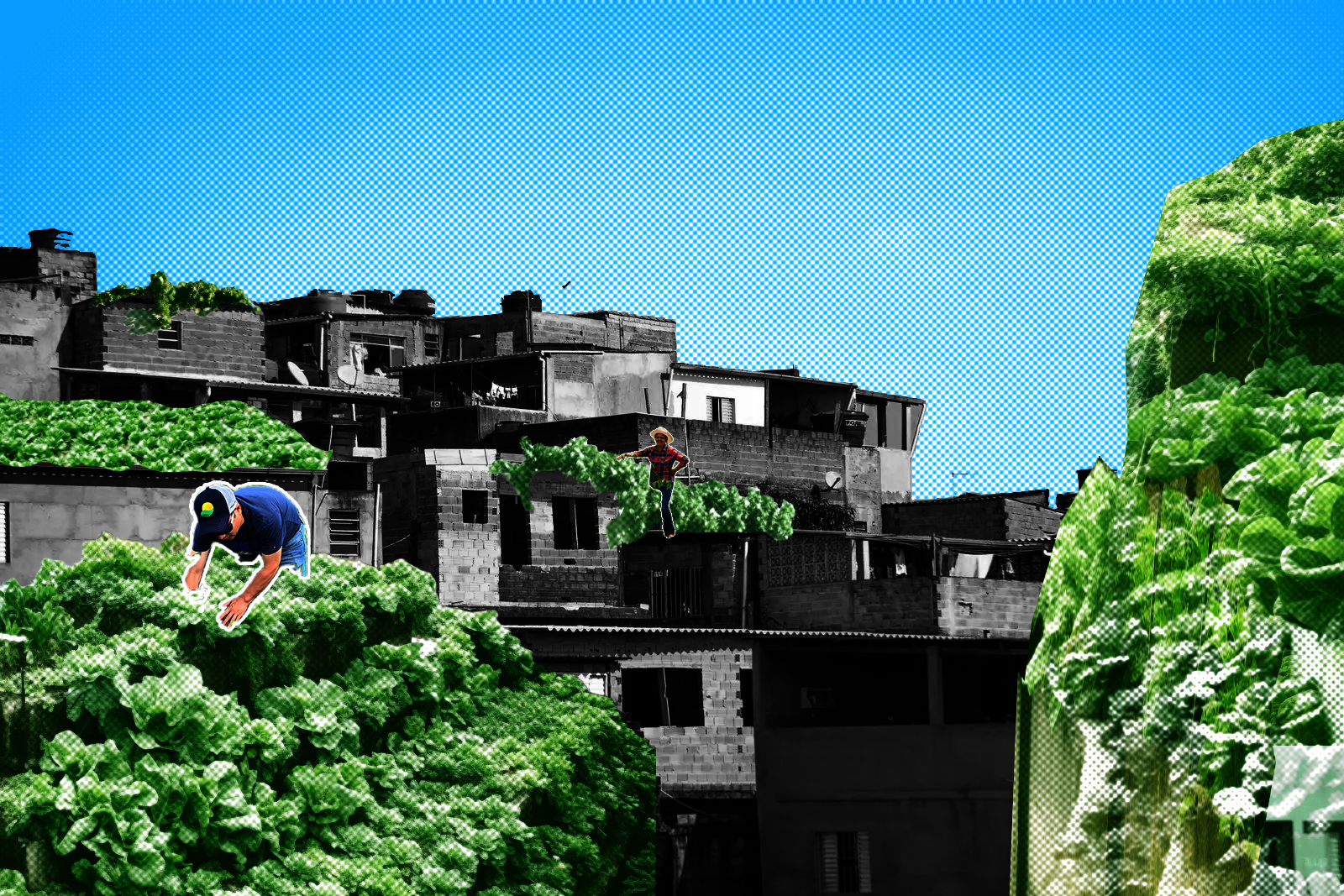
Rooftop Agriculture
2023
Image
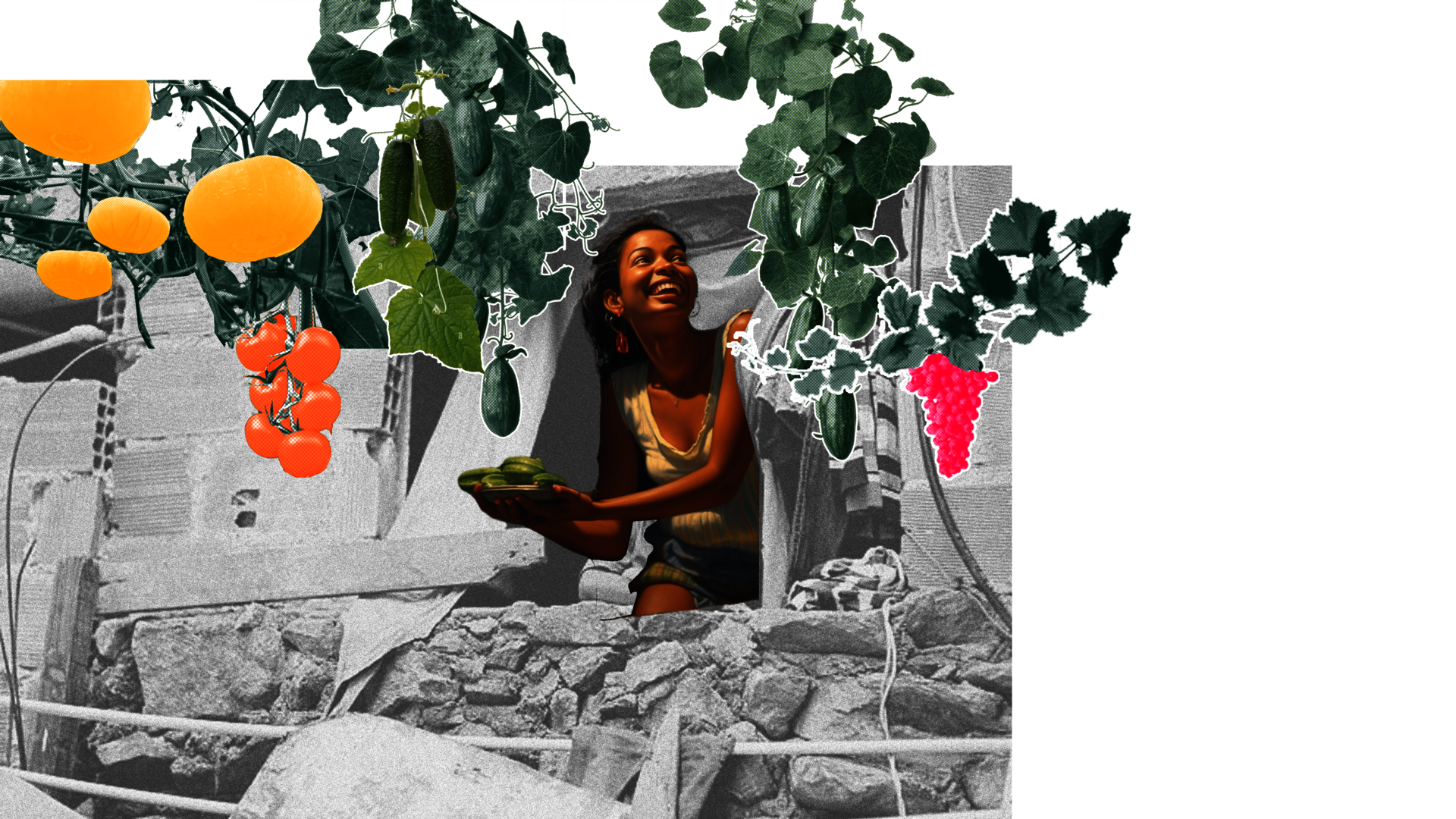
Harvest Season
2023

